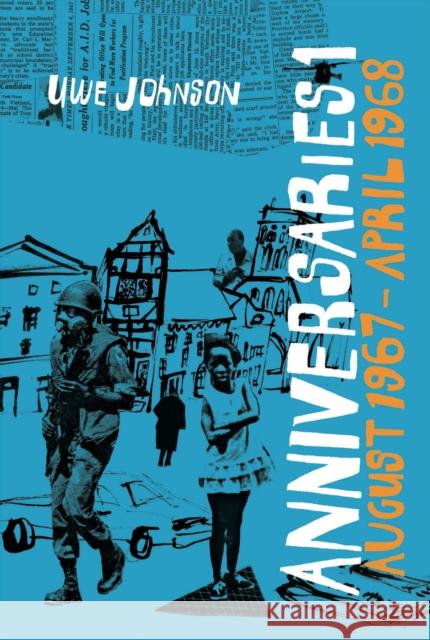Anniversaries, Volume 1: From a Year in the Life of Gesine Cresspahl, August 1967–April 1968 » książka
topmenu
Anniversaries, Volume 1: From a Year in the Life of Gesine Cresspahl, August 1967–April 1968
ISBN-13: 9781681375557 / Angielski / Miękka / 2021 / 912 str.
Kategorie:
Kategorie BISAC:
Wydawca:
New York Review of Books
Język:
Angielski
ISBN-13:
9781681375557
Rok wydania:
2021
Ilość stron:
912
Waga:
1.13 kg
Wymiary:
21.59 x 14.73 x 4.83
Oprawa:
Miękka
Wolumenów:
01











